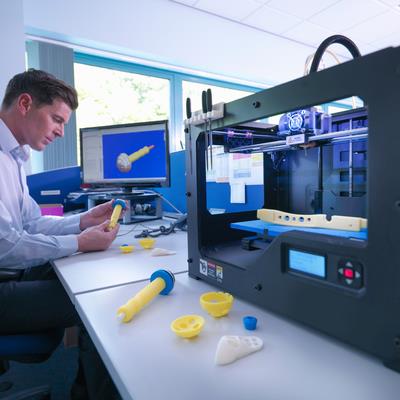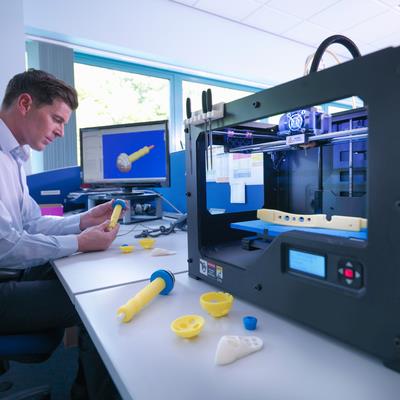Interpretable Artificial Intelligence (AI) and Edge computing have the potential to revolutionize the diagnosis and management of gastrointestinal (GI) diseases by enabling real-time, reliable, and explainable decision-making. These advancements could enhance diagnostic accuracy, leading to improved patient outcomes through early detection, reduced misdiagnoses, and more efficient treatment planning. AI-driven studies have already been reported to significantly improve the diagnostic efficiency, potentially minimize the necessity for invasive procedures, and further enhance access to expert-level diagnoses, particularly in underserved regions.
International AI challenges such as MICCAI (2015-2022), EndoCV (2019-2021), Endoscopic Artefact Detection Challenge (2019), Medico Automatic Polyp Segmentation Challenge (2020), Auto-WCEBleedGen (V1 & V2), and Capsule Vision 2024 have significantly advanced the development of state-of-the-art AI models for classification, detection, and segmentation of GI anomalies. However, key challenges remain, including interpretability, generalizability, trustworthiness, and real-time deployment, which limit AI integration into endoscopic ultrasound, colonoscopy, video capsule endoscopy, laparoscopy, and robotic-assisted surgeries.
This Research Topic seeks interdisciplinary research that bridges AI innovations with clinical applications to improve patient care, particularly for GI diseases. By advancing interpretable and edge computing solutions, the goal is to develop AI-assisted diagnostic tools that are trustworthy, efficient, and seamlessly integrated into clinical workflows, enhancing decision-making for gastroenterologists and ultimately improving patient outcomes.
GI diseases like colorectal cancer, inflammatory bowel disease, celiac disease, and gastric ulcers pose a significant global health burden. Early and accurate diagnosis is essential for effective treatment, yet conventional methods like endoscopy and biopsy are time-intensive, invasive, and dependent on specialist availability. AI has emerged as a transformative tool in medical imaging, offering improved efficiency, accuracy, and accessibility.
Despite its potential, current AI-based studies still face challenges in clinical adoption. The lack of interpretability in black-box models creates uncertainty among clinicians, limiting trust in automated decisions. Additionally, cloud-based AI introduces latency, making it unsuitable for real-time diagnosis. Edge AI—processing data directly on medical devices—addresses these issues by enabling fast, localized, and resource-efficient analysis. By integrating explainable AI techniques, clinicians can better understand AI-driven decisions, leading to greater trust, improved patient safety, and more personalized treatment plans.
The collection aims to bring together researchers and clinicians to develop AI-based studies that directly impact patient care by being:
• Interpretable – AI models that provide explainable, transparent decision-making to support clinical trust and informed treatment choices.
• Efficient – Real-time AI systems that improve diagnostic speed, reducing patient wait times and minimizing unnecessary interventions.
• Reliable – AI models that generalize across diverse datasets, imaging modalities, and clinical environments, ensuring equitable healthcare outcomes.
• Deployable – AI-driven tools designed for real-world clinical integration, enhancing clinical workflow and reducing diagnostic errors.
We invite high-quality research contributions exploring AI and medical advancements for GI disease diagnosis, with a strong emphasis on patient impact. Topics include the following, but are not limited to:
• Patient-Centered AI – Development of AI models that enhance diagnostic precision, reduce misdiagnoses, and improve clinical decision support.
• Interpretable AI in Gastroenterology – Transparent AI solutions for classification, detection, segmentation, and predictive modelling of GI diseases.
• Edge AI for Real-Time Diagnosis – AI-powered image and video analysis directly on medical devices to reduce latency and enhance diagnostic efficiency.
• AI-Driven Early Detection & Risk Stratification – Algorithms that improve early detection of conditions such as colorectal cancer, ulcers, and inflammation, leading to timely interventions.
• Artifact Detection and Image Enhancement – AI techniques for improving endoscopic video quality by detecting and removing artifacts (e.g., bubbles, debris, blurred regions) to ensure accurate diagnostics.
• Generalization & Clinical Validation – Cross-institutional studies demonstrating AI adaptability across diverse datasets and healthcare settings.
• AI-Integrated Telemedicine & Remote Monitoring – IoMT-based solutions for continuous patient monitoring, supporting remote diagnostics in underserved regions.
• AI in Robotic-Assisted Surgeries – Enhancing precision and safety in minimally invasive procedures using AI-driven assistance.
We encourage original research, review articles, and case studies demonstrating clinically relevant AI applications that improve patient care and clinical decision-making. Authors are encouraged to validate their methods using real-world or open-source datasets and collaborate with gastroenterologists for clinical relevance.



